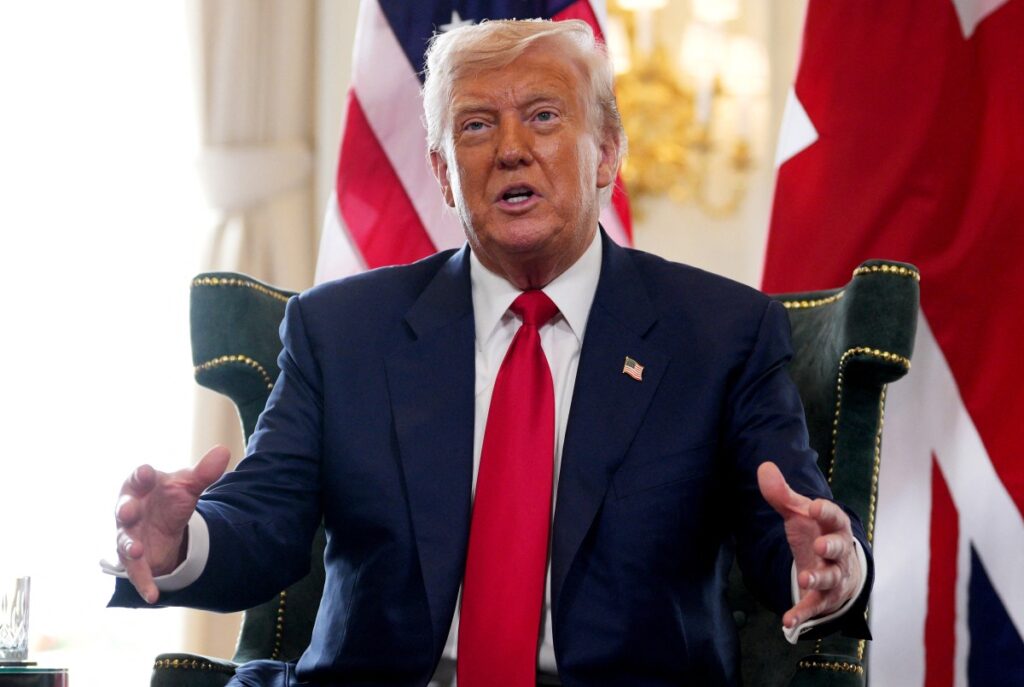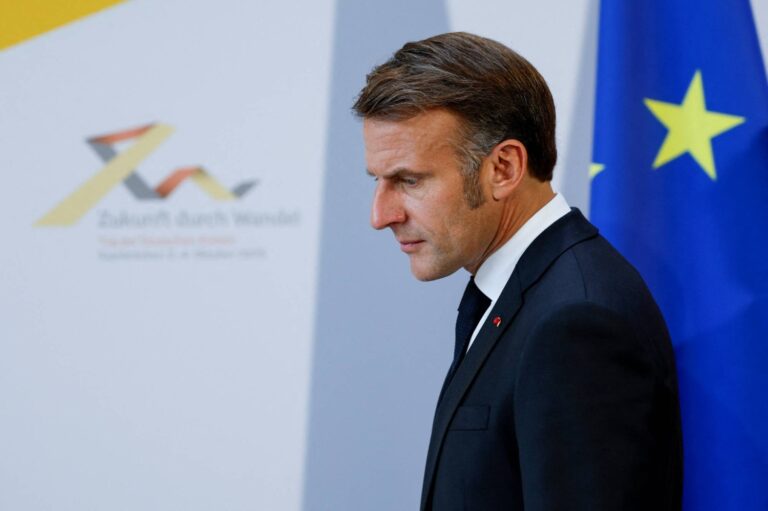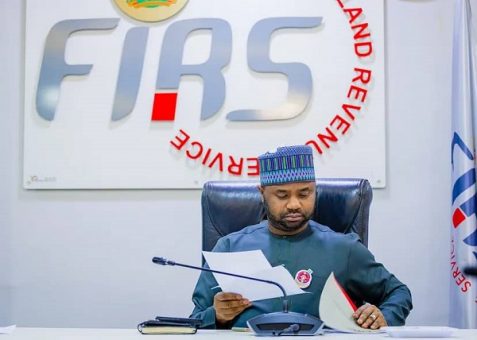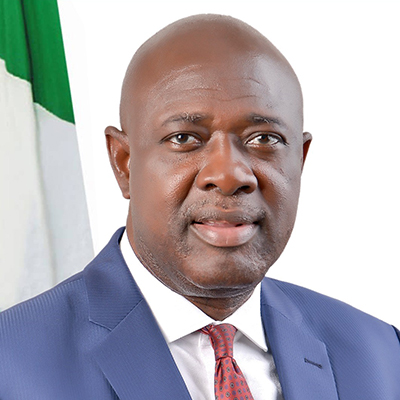
Donald Trump has sparked controversy after recent remarks directed at NATO partners. The former US president said that some allies may not receive support if they fail to meet defense spending targets. Trump threatens NATO allies during a campaign speech, warning that the United States cannot continue protecting countries he believes are not pulling their weight. His comments quickly drew criticism at home and abroad and ignited fresh debate about America’s role in global security.
He argued that the alliance places too much financial pressure on the United States. Trump said America shoulders a disproportionate burden and accused several countries of ignoring agreed spending levels. He claimed NATO members should meet their obligations or risk losing US protection. Supporters of the alliance described his remarks as reckless and damaging, while his backers argued that his stance ensures fairness.
The North Atlantic Treaty Organization requires member states to spend at least two percent of their GDP on defense. Many nations have fallen short of this benchmark despite repeated calls to increase budgets. Trump threatens NATO allies by suggesting the US might reconsider military commitments to those who do not comply. Analysts warned that such rhetoric could embolden rivals and weaken deterrence.
European leaders expressed alarm at the comments and urged calm. Some said the alliance is strongest when the United States leads with reliability and unity. Others insisted they are working to raise defense budgets but need more time to achieve targets. Diplomats warned that public threats risk undermining trust among allies.
In Washington, political opponents accused Trump of undermining decades of bipartisan support for NATO. They argued that his position could jeopardize peace in Europe and reduce America’s influence abroad. Some lawmakers called his threats irresponsible and dangerous, while others noted his words might embolden Russia.
Trump, however, defended his stance and said it was necessary to hold allies accountable. He insisted that the US cannot continue to invest billions while others contribute little. He portrayed himself as a leader willing to demand fairness and said his warnings would encourage stronger commitments from other countries.
Military experts explained that NATO’s strength depends not only on military spending but also on solidarity and trust. They cautioned that suggesting withdrawal of support could erode the foundation of collective defense. At the same time, they acknowledged that pressure on allies to meet spending targets has increased their budgets in recent years.
Citizens in several European nations voiced concern after hearing his remarks. Many fear that a weakening US commitment could leave their countries vulnerable to external threats. Others questioned whether the alliance can survive if members doubt American support.
Trump’s comments also came as tensions remain high with Russia and other global powers. Analysts believe his remarks may encourage adversaries to test NATO’s unity. The risk of instability in Eastern Europe is a key concern, especially as conflicts in nearby regions continue.
Despite criticism, Trump maintains that his approach is both honest and necessary. He said that countries must pay their fair share and warned that failure to do so could have real consequences. Allies now wait to see if his threats translate into policy should he return to office.
In conclusion, Trump threatens NATO allies and sparks fresh debate over the future of the alliance. His remarks have drawn criticism from leaders and experts, who fear the consequences of weakened commitments. The outcome of this debate may shape the future of global security and determine whether NATO continues to stand as a united front.



